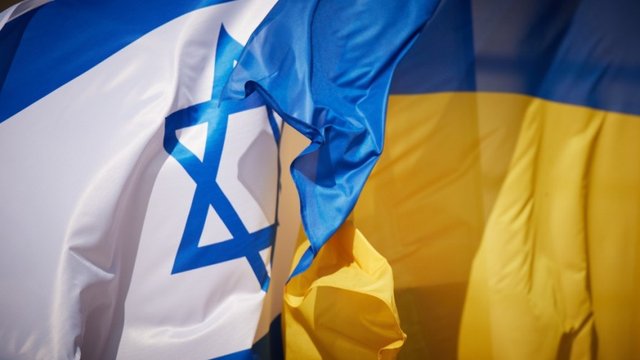Israeli-Ukrainian free trade deal shouldn't affect Israeli-EEU free trade talks - Eurasian Economic Commission

The conclusion of an agreement on a free trade area between Israel and Ukraine should not affect negotiations on a free trade area between Israel and the Eurasian Economic Union (EEU), an official at the Eurasian Economic Commission, the EEU's supranational regulatory body, told Interfax.
"We will examine the Ukrainian-Israeli agreement's terms and conditions, but it could be presumed preliminarily that this shouldn't affect our negotiations," he said.
The Eurasian Economic Commission official explained that the 2011 CIS free trade agreement was originally conceived as an extremely liberal one, with sugar being the only exception from the free trade regime. Therefore, an appendix to the document was also signed to stipulate that free trade benefits may be limited in relation to a signatory changing its trade regulations with the third party in a way that this could jeopardize the markets of other CIS free trade agreement signatories.
In holding negotiations with Israel, the EEU will defend its interests proceeding from a set of free trade agreements Israel already has with other countries and will accordingly treat a list of exceptions, the rules for determining the origin country, and other norms, he said.
"The geographic factor also plays a role: benefits from circumventing customs duties during gray shipments of EU goods through Israel or under the guise of Israeli ones may not compensate for logistics costs, while transit across Ukraine is cheap and fast," the official said.
Finally, the economic situation in the partner countries should also be taken into consideration, the official said. "Israeli business people are considerably less motivated to apply gray schemes and take risks than the Ukrainian ones, who are in a grave crisis and are experiencing pressure from EU manufacturers and standards on their own market. Again, the existing negative practice suggests that Ukrainian business people are likely to apply various gray schemes," he concluded.










